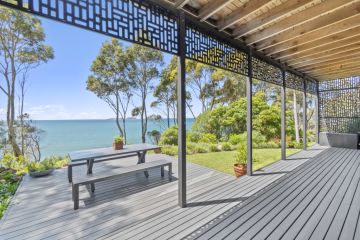Escape to Bridgetown, Western Australia's green secret and four-season hideaway
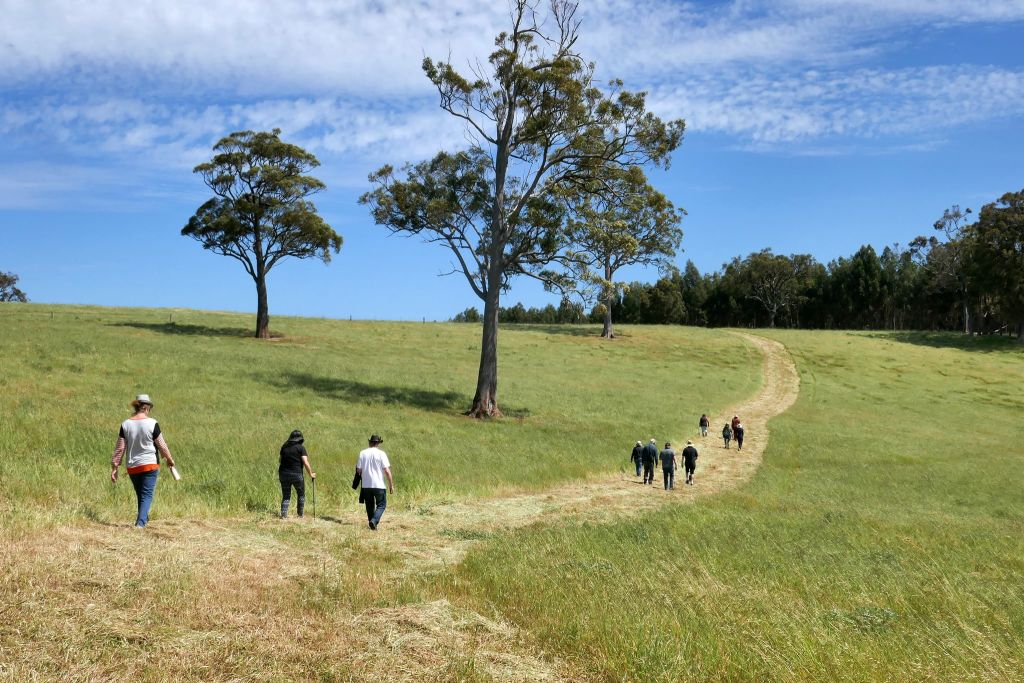
Those who’ve never visited Western Australia may make the mistake of thinking its towns are among the driest of this sunburnt country, but the oasis-like town of Bridgetown will prove them wrong.
The inland hamlet, 1.5 hours east of Margaret River and 3.5 hours south of Perth, is one of WA’s greenest. Its pretty hills and valleys create a scenic backdrop and have proved to be a picturesque retreat for many who’ve escaped to Bridgetown.
With an average rainfall of 832 millimetres, this tiny town is fairly lush year-round. And unlike a lot of WA areas, it experiences distinct seasons – blossoming in spring, full heat in summer, all the colours of autumn and cold snaps as low as -1 degree in winter.
Its freezing cold winters have earned it the nickname of Fridgetown and given birth to a winter festival of the same name. From June to August, Fridgetown Fest shows off Bridgetown’s art studios and galleries, quirky shops and eateries with red wine and open fires at the ready.
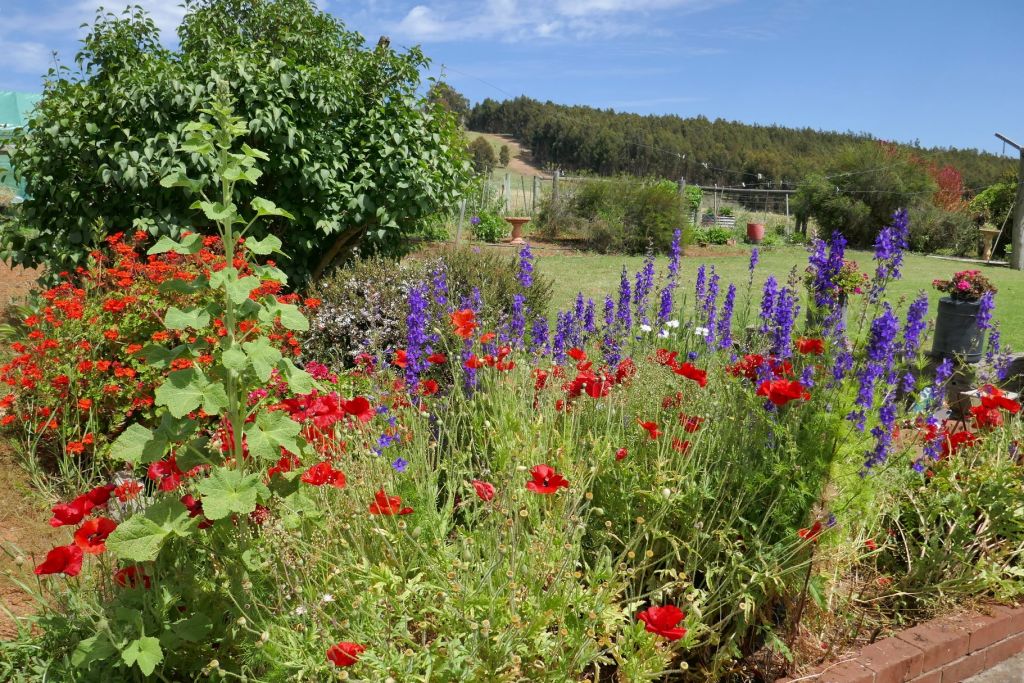
The festival, which includes the popular Banquet on a Bridge, is just one of the annual celebrations organised by the active tourism association, which has also overseen the development of tourism trails and drives to promote the town.
This spirit of togetherness and improvement is embodied in the baskets of brightly coloured petunias hanging in front of the heritage buildings on the main street. Potted and installed by volunteers, the baskets are a symbol of Bridgetown’s vibrant community spirit.
Population: 2812, as of the 2016 census.
Who lives there?
Like any country town, Bridgetown is home to those who are born and bred there, and those who have come looking for a quieter life.
But there’s no divide between the two, says Pip Mills, owner of the Bridgetown Pottery Restaurant.
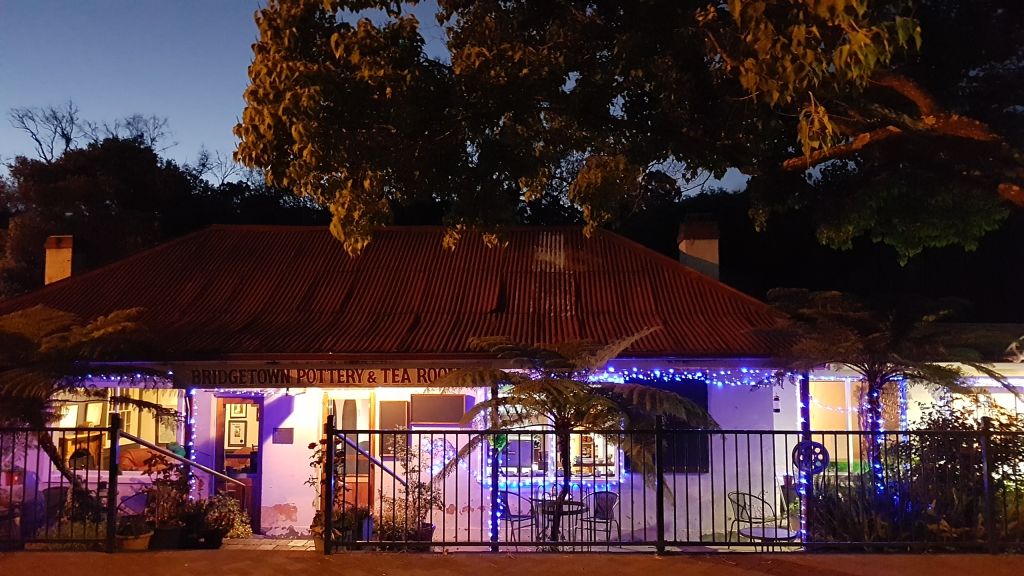
“There’s always the old stories of, you know, you’re not considered a local until you’ve been here for 25 years, but those of us who are locals all think that’s nonsense because we all embrace newcomers,” she said.
Mills and husband Bevan have owned the restaurant for 35 years, raising their three boys at their home on the same site. The historic restaurant is more than 100 years old and once operated as a pottery with Bevan manning the kiln.
Mills, who is a member of the Bridgetown Greenbushes Business and Tourism Association, said Bridgetown had a lot to recommend it to people looking for an alternative to city life, particularly in light of the COVID-19 crisis.
“I think the possibilities are limitless because you can work from home so easily and that’s another thing that’s happened with the pandemic, we’re seeing more and more people who are choosing to live here because they can work from here remotely,” she said.
“So they can have a lovely lifestyle with their families, they can grow food, kitchen gardens and beekeeping is becoming huge here.
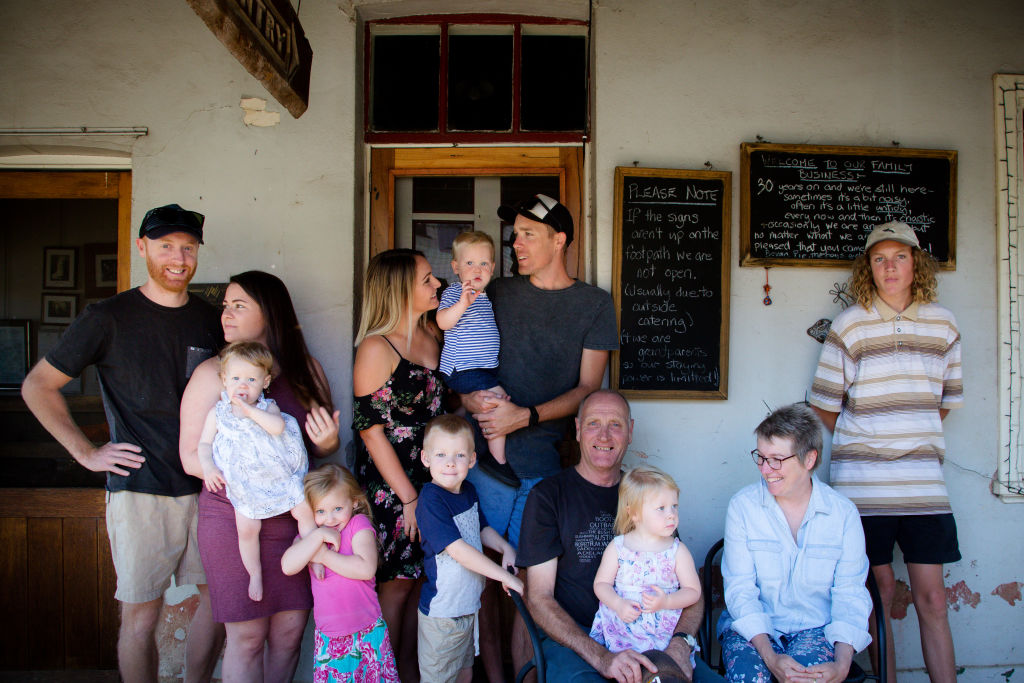
“I think more people are looking now to explore self-sufficiency and Bridgetown is perfectly placed for that because you can grow a lot with the rich soil here.
“And we have wonderful schools and very caring staff in those schools. We have a great medical service and we’re only an hour and half from Bunbury, so it’s just superbly located for anyone who wants to make a change but still be connected to those aspects of life.”
What happens there?
The Cidery is synonymous with Bridgetown. Tourists love it, but it’s possible that the locals love it more.
And that’s just the way owner John Lucey intended it to be. The Englishman immigrated here 30 years ago and, after months spent yearning for his local pub, set up The Cidery with two mates and their families.
“Being English, we were used to the situation where the pub is part of the community,” he said.
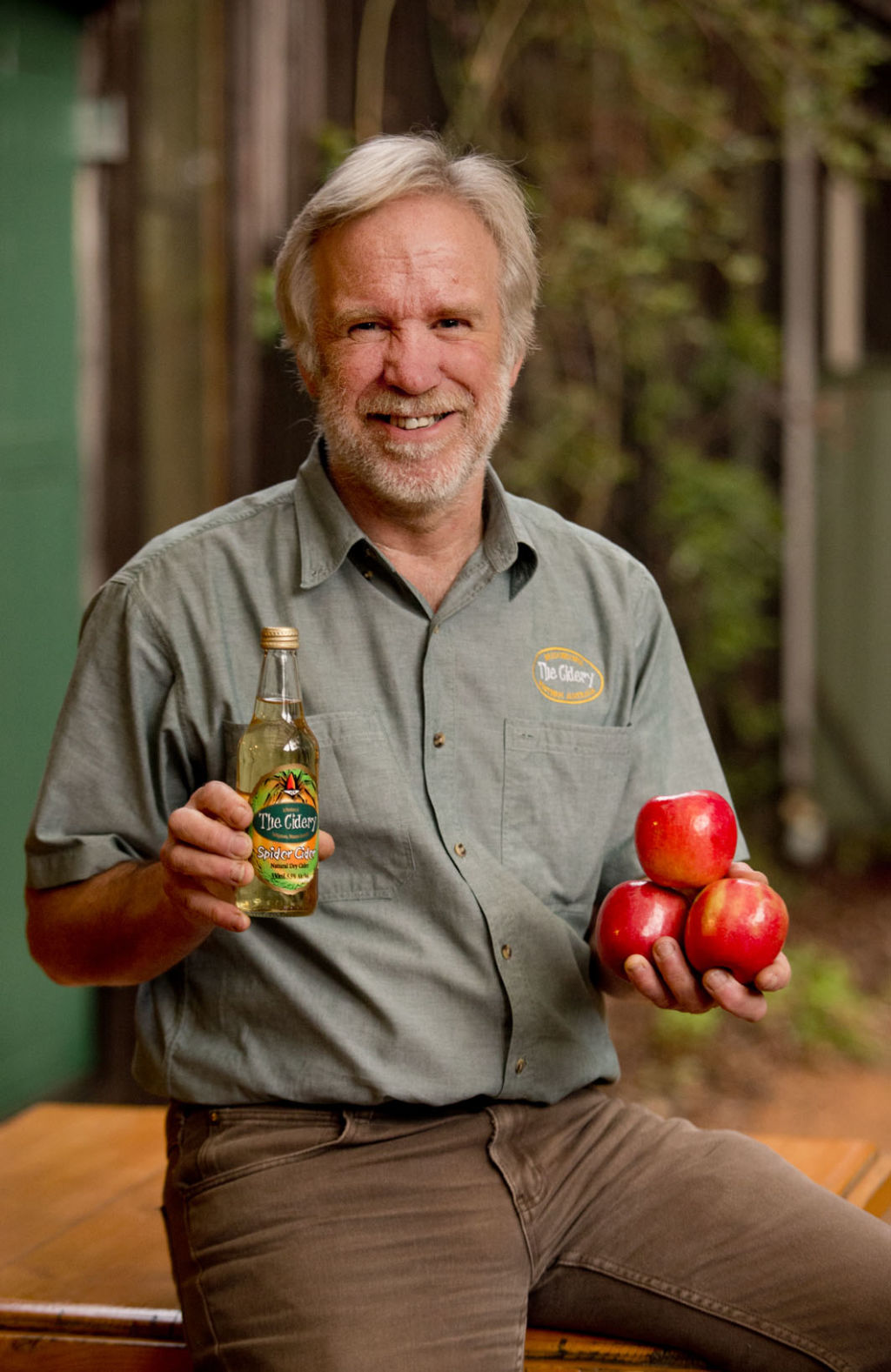
“It wasn’t just a place to go for a drink, it’s a family friendly place to meet your friends and talk about issues of the day. Twenty to 30 years ago we didn’t have that in Bridgetown.
“So we decided to celebrate the rich history of the apple industry in the town and at the same time develop a facility that was very much, not an English pub, but a place that had the same family welcoming environment.”
Perhaps the biggest event on the calendar is the Bridgetown Blues Festival, which started in 1993, and normally attracts up to 15,000 people to the town every November.
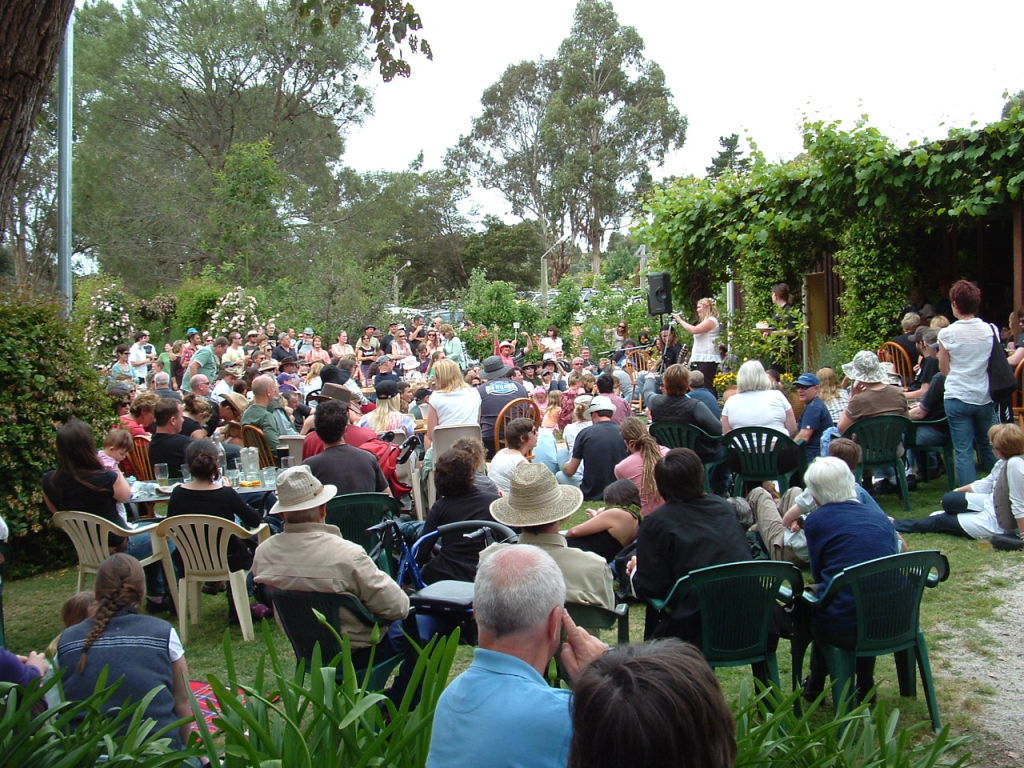
By hosting this year’s festival across two venues, the Bridgetown Hotel and Scotts Tavern, organisers found a way to work with COVID-19-related regulations.
Another tourist attraction is the The Brierley Jigsaw Gallery, thought to be the largest jigsaw museum in the southern hemisphere. The gallery was started more than 40 years ago by puzzle-lover Jessie Brierley with 60 of her mounted puzzles. Today it boasts many more, thanks to donations from other puzzle fanatics.
What’s life like?
Life is peaceful in Bridgetown. So peaceful, it became the perfect place for Evol and Dennis Angelatos to set up their dream property.
In 1997, they left Perth and purchased an 11-hectare parcel of land in Bridgetown that has become an olive grove and alpaca farm called Levanda Grove.
“They call it farmgate tourism – people come to our little farm shop where we show our products and people come to see the alpacas,” Evol Angelatos said.
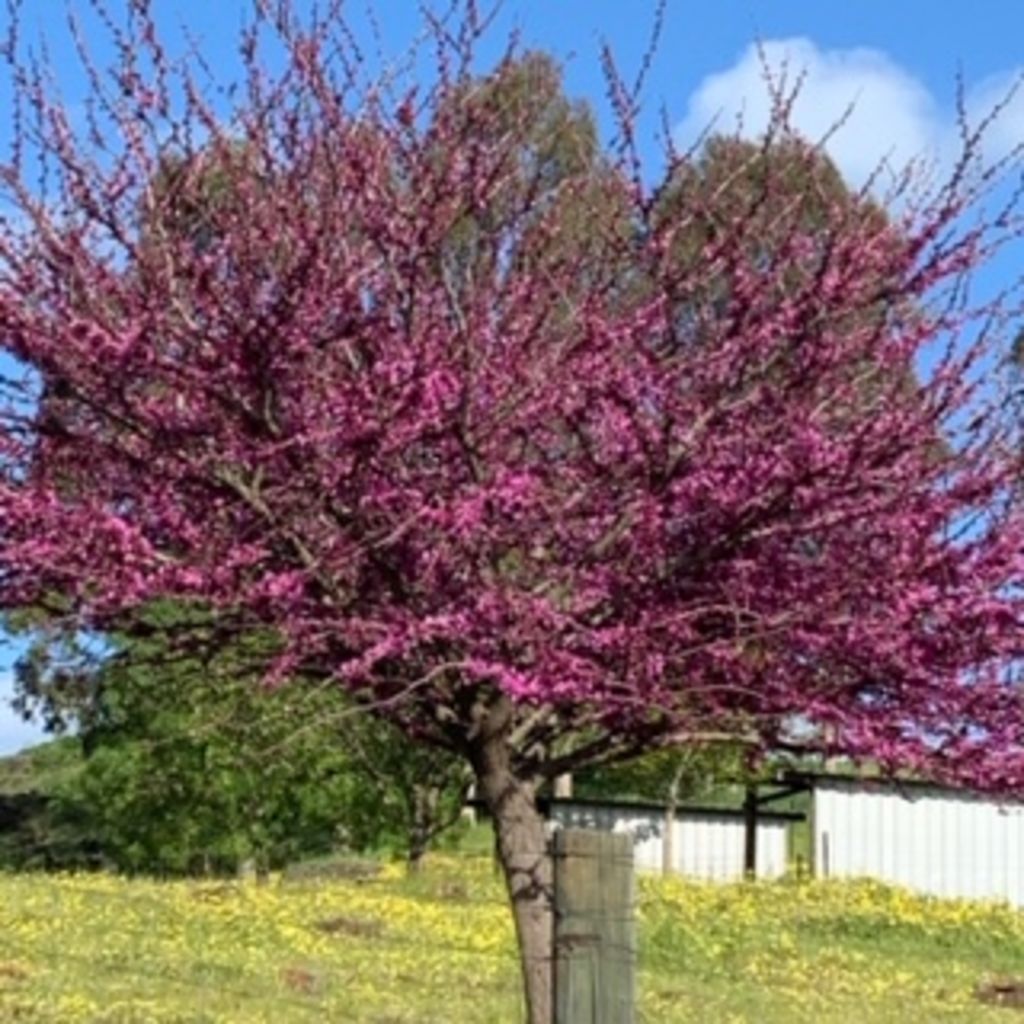
“People coming from up north always say, ‘It’s so green and those hills are so pretty’.”
In the years the couple have called Bridgetown home, they have seen its population and prosperity grow. What used to be a town tourists drove through on their way elsewhere or was passed over in favour of Margaret River, has become a destination in its own right.
“We’ve lived in a lot of places, but this is by far the best place we’ve lived in,” Angelatos said.
“It has grown a lot and there’s been quite a few subdivisions and estates started up. There’s also a lot more young people in town.
“The shops you see on the main street aren’t the kind of shops you see in Bunbury and the bigger shopping centres. People are quite amazed at what we’ve got to offer here because it is unique.”
What jobs are there?
Good rainfall means Bridgetown is primarily a farming town. Despite there being fewer farms in recent years, it’s still home to many orchards.
The primary and high schools employ a healthy amount of teachers, while the hospital and medical centre create jobs for health workers.
Bridgetown is also home to a flourishing arts community.
Why should you move there?
Bridgetown has a lot to offer anyone wanting a change of scenery. Its picturesque vistas shows off the best of each season and the busy events calendar means there’s always something to look forward to.
But more than anything, it’s the people. New residents are just as likely to be embraced by the warm and connected community, as they are to find their place within it.
There’s a wealth of groups to join, everything from sports to hobbies, and places to explore including walking trails, the art trail and the beauty of the Blackwood River.
We recommend
States
Capital Cities
Capital Cities - Rentals
Popular Areas
Allhomes
More

